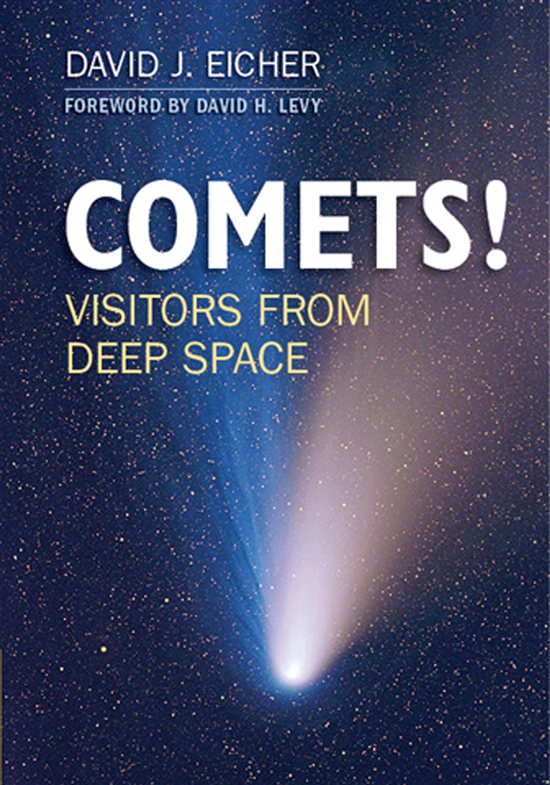 Here’s a little about comets from my recent Cambridge University Press book:
Here’s a little about comets from my recent Cambridge University Press book:
Come to think of it, that’s one of the things that struck me as a teenager, lying out in that field, gazing up at Comet West. Suddenly, after I learned a little about what comets are, it hit me. They hammer home the immensity of the cosmos. Yes, they are relatively nearby. But seeing them move from night to night — changing their place against the backdrop of the stars glistening behind them — is extremely powerful. I think it triggers something deep within the soul.
And that seems always to have been the case. The earliest records of cometary observations are from China and date from about the year 1000 B.C. Similar observations may have been made by inhabitants of the marshy land in southeastern Mesopotamia known as Chaldea. By about 550 B.C., Greek philosophers recorded comets as wandering planets. In his scheme of spherical shells making up the cosmos, Aristotle (384–322 B.C.) wrote in Meteorology (ca. 330 B.C.) that comets are residents of the lowest such sphere and called them “dry and warm” atmospheric exhalations.
Not only were comets viewed as local phenomena, but for centuries they were also taken as portents of doom, omens of some impending event, usually a disaster. Only with the writings of Thomas Aquinas (1225–1274) and Roger Bacon (ca. 1214–1294) did the notion that comets may not be lurking in Earth’s atmosphere begin to step forward. But further intellectual work on the subject would really have to wait until the world emerged from the gloomy deep freeze of the Middle Ages.
You can see more about COMETS! here.
Follow David J. Eicher on Twitter: www.twitter.com/deicherstar